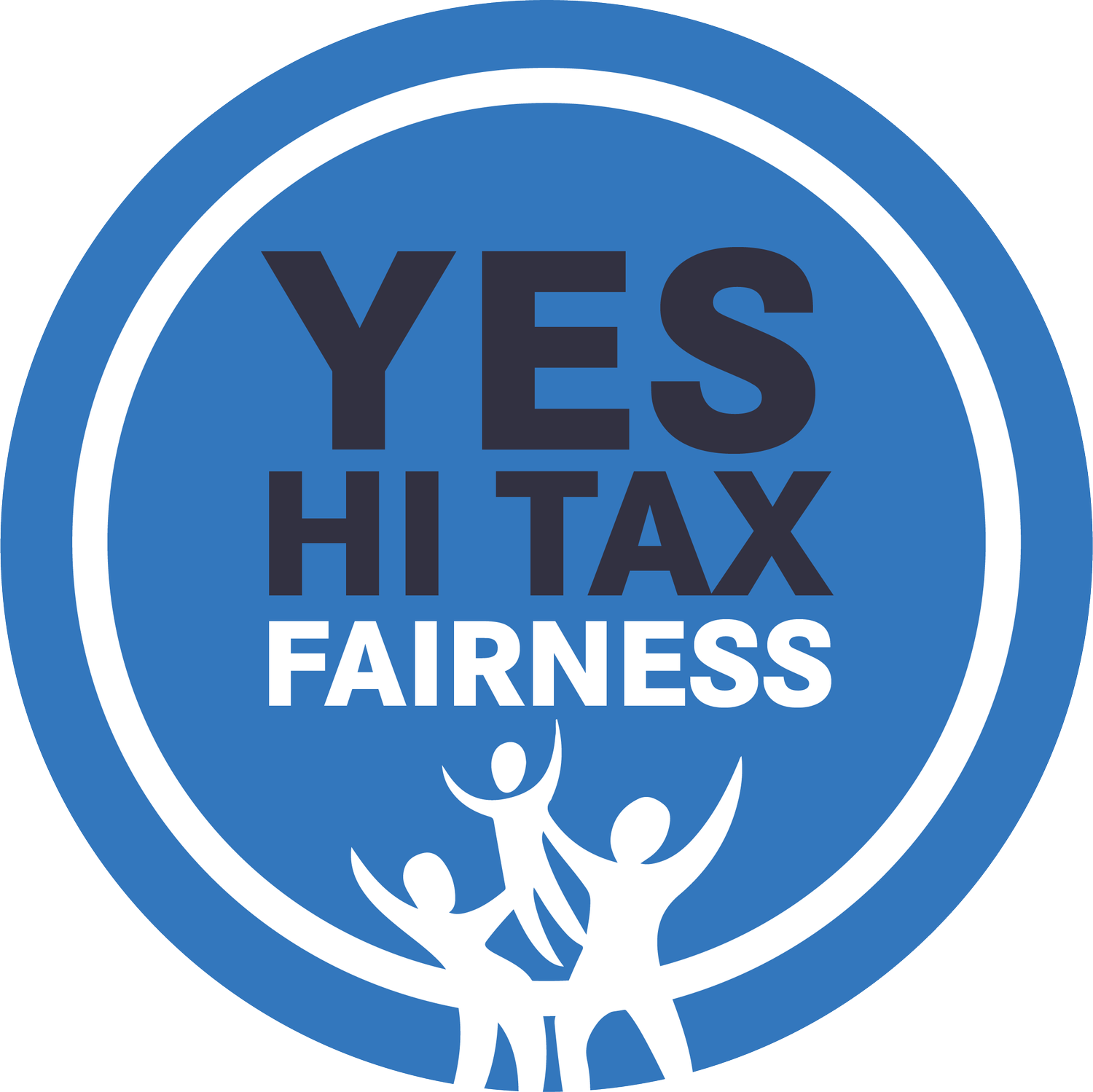Hawaiʻi coalition urges lawmakers to use tax fairness policies to save our economy
HONOLULU, Hawaiʻi — As state lawmakers attempt to tackle Hawaiʻi’s budget gap this legislative session, it is important for them to keep in mind that deep government spending cuts would have a devastating effect on our already injured economy, as well as hobble social services that are becoming more and more essential during this crisis.
The Hawaiʻi Tax Fairness Coalition, made up of civic organizations, nonprofits, government agencies and service providers, is calling on state representatives and senators to, instead, implement tax fairness measures to raise revenue and avoid program and service cuts, furloughs or layoffs.
To that end, the coalition has put forward a series of suggested reforms to the state tax system that would generate hundreds of millions in badly-needed revenue, avoid damaging cuts, and restore Hawaiʻi’s economy to full strength as quickly as possible.
“Spending is the fuel that keeps our economic engines running,” said Nicole Woo, Director of Research & Economic Policy at the Hawaiʻi Children’s Action Network. “As the private sector engine of our economy sputters, the government needs to throttle up its spending in order to keep the economy going.”
Woo continued, “Past recessions have shown us that state spending cuts exacerbate the economic damage. At this crucial time, cutting government spending would be akin to taking our foot off the pedal and letting the second engine of the economy sputter as well.”
The International Monetary Fund has found that every dollar of reduced government spending results in as much as $1.50 in lost economic activity. That means that the $350 million in program cuts proposed by Governor Ige in his State of the State address would punch a $525 million hole in the economy.
“During economic hard times, working families end up needing more government assistance to help keep them afloat,” said Gavin Thornton, Executive Director of the Hawaiʻi Appleseed Center. “It’s critical that those families receive that support—not only because helping our neighbors is the right thing to do, but also because working families are the backbone of our economy. If they slip through the cracks, our economy and everyone that depends on it will suffer.”
At the same time, Hawaiʻi’s current tax system encourages inequality in our society by taking a larger share of income from those at the bottom than it does from those at the top. The lowest-income Hawaiʻi families end up contributing around 13 percent of their income to the public infrastructure of our society while the highest earners living here contribute only 9 percent of their income.
In addition, multinational corporations, offshore investors and real estate speculators are able to use exemptions and loopholes in Hawaiʻi’s current tax system to reap large windfalls without paying their fair share to sustain the natural beauty, resources and people of Hawaiʻi from which they generate their profit.
“The good news is that, by making Hawaiʻi’s tax system more fair, our lawmakers can also go a long way toward generating new revenue and preventing cuts to services and those who work to deliver them to Hawaiʻi families,” said Christy MacPherson, Director of PHOCUSED (Protecting Hawaiʻi’s ʻOhana, Children, Under-Served, Elderly, and Disabled).
And that means a shorter and faster path to economic recovery for everyone. Studies show that four years after the start of the Great Recession, states that cut their budgets had higher unemployment, fewer private sector jobs, and shrinking economies. States that had expanded their budgets, on the other hand, saw renewed economic growth.
These changes to the tax code are designed to target large corporations and extremely wealthy individuals who can afford to pay a little more to keep Hawaiʻi going strong.
“Decades of evidence and research disproves the concept of ʻtrickle-down economics’ as an effective strategy to expand and strengthen an economy,” said Micah Hicks, Economic Justice Action Committee Chair for Young Progressives Demanding Action (YPDA). “An economy is best strengthened by investing in its base—working families. That’s true even in economic good times, but it is especially important during recessions.”
Created in 2017, the Hawaiʻi Tax Fairness Coalition is a collection of organizations that endorse the principle that, for many Hawaiʻi families, the key to self-sufficiency is letting them keep more of what they earn by creating a more equitable tax system. Learn more at hitaxfairness.org/about

